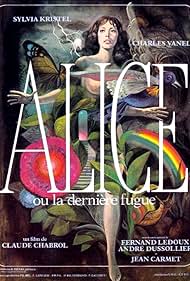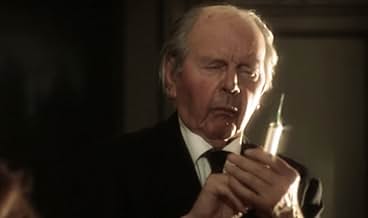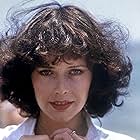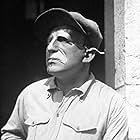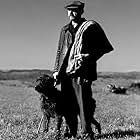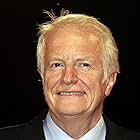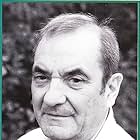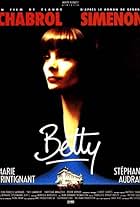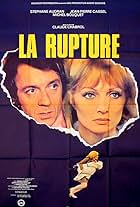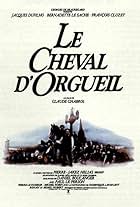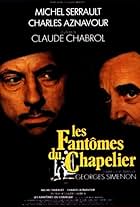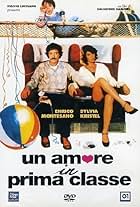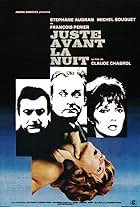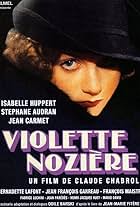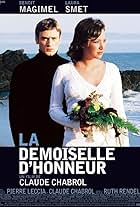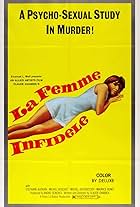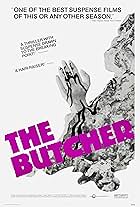Though this was considered as something of an aberration in Chabrol's filmography and thus proved somewhat hard to find, for me it had always been the most intriguing entry from this ostensibly lean period (stretching from 1976 to 1984) in the director's career – being a unique foray for him into outright Surrealism and for which he obviously drew inspiration from "Alice In Wonderland" (even down to naming his heroine Alice Carol {sic}!).
Anyway, I was thoroughly absorbed in the dream-like 'events' – helped in no small measure by Jean Rabier's exquisite photography, a moody score by Pierre Jansen and, of course, the beguiling presence of stunning leading lady Sylvia Kristel (fitted throughout in a variety of simple but very elegant dresses). Given the latter's casting, star of the official "Emmanuelle" series of erotic movies, this clearly takes on an adult perspective – but, apart from one full-frontal nude scene and the barest hint of lesbianism towards the end, it is not otherwise explicit in this regard.
Incidentally, the original source has always been somehow refuted of its prepubescent associations; even so, it is telling that the film under review (featuring the likes of Charles Vanel, Jean Carmet, Chabrol's own young son Thomas, as well as Fernand Ledoux and Andre' Dussolier, both in dual roles for no very good reason except adding to the fun!) is, to me, a more rewarding viewing experience than the many versions of the Lewis Carroll classic I have come across. For the record, I am familiar with those made in 1933 (Paramount), 1951 (Walt Disney), 1966 (BBC-TV), 1972 (British) and 1988 (Jan Svankmajer) but still need to check out Tim Burton's latest adaptation, while also owning the pseudo-biopic DREAMCHILD (1985).
Chabrol may have been motivated towards making this following the release of the similarly oddball, even more fanciful but also rather muddled BLACK MOON (1975), made by his peer in the "Nouvelle Vague" movement Louis Malle. However, for all their illogical nature, the various episodes Alice finds herself a helpless and bewildered participant in – and which I have deliberately refrained from describing, since these have to be seen to be properly appreciated! – remain firmly grounded in reality (set as they are in a country-house, a gas station and a restaurant). The opening marital squabble and poignant closing shot, then, would seem to be evoking Jean-Luc Godard's CONTEMPT (1963), yet another of Chabrol's former colleagues! Indeed, an opening title reveals that ALICE is dedicated to the memory of the late Fritz Lang, one of Chabrol's idols and an actor (portraying himself no less!) in the latter film.
All of this creates a hauntingly oneiric feel which admirably approaches the contemporaneous work of my all-time favorite auteur, Luis Bunuel. The last act even introduces a DEAD OF NIGHT (1945)-like circular inevitability to the proceedings, while the final revelation of Alice's 'in limbo' predicament recalls, of all things, Jess Franco's A VIRGIN AMONG THE LIVING DEAD (1971; albeit one of his better efforts). In retrospect, it is regrettable that Chabrol did not go down this path more often in his career – and, while the film can be cherished as a one-off, it is also liable to get lost in the shuffle of his prolific oeuvre.
